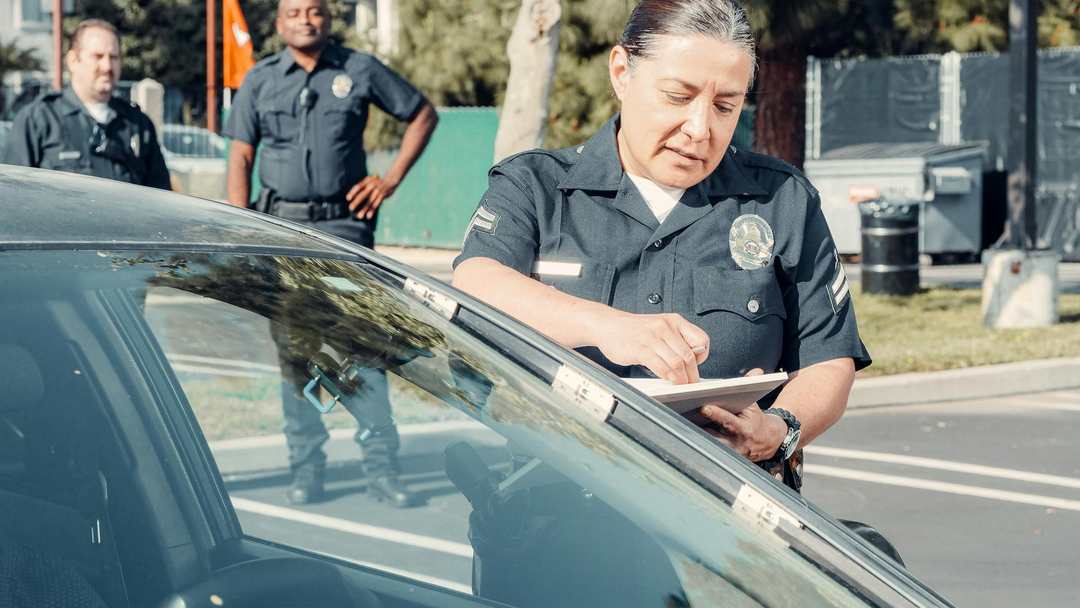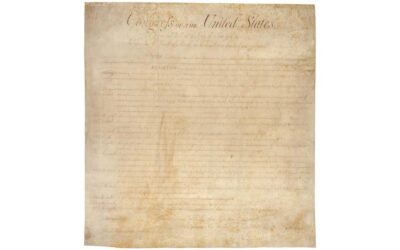The “automobile exception” in Michigan law allows police to search a vehicle without a warrant if they have probable cause to believe it contains evidence of a crime.
This exception is grounded in the idea that vehicles are inherently mobile, meaning evidence could be moved or destroyed before a warrant is obtained.
Probable cause is a key element in applying this exception.
If law enforcement has a reasonable belief—based on the facts and circumstances—that the vehicle contains contraband or evidence of illegal activity, they can conduct a search.
This standard often arises in cases involving drug-related offenses.
For example, the smell of marijuana has frequently been cited as a factor contributing to probable cause, although recent rulings have added complexity due to the legalization of marijuana in small amounts under Michigan law.
Use You Right To Remain Silent
If you have been accused or charged with a crime.
Say nothing to anyone. Talk to us first.
Our firm is experienced in both State and Federal courts defending clients.
CALL NOW
One notable case is People v. Kazmierczak (2000), where the Michigan Supreme Court ruled that the smell of marijuana alone could justify a search under the automobile exception.
However, as marijuana laws evolved, this principle was reconsidered.
In People v. Armstrong (2023), the court ruled that while the smell of marijuana can contribute to probable cause, it must be combined with other suspicious factors to justify a search.
The debate around this exception continues as courts balance law enforcement’s ability to investigate crimes and individuals’ privacy rights, especially with the legalization of marijuana in Michigan.
Cases
Several legal cases have examined the validity of conducting warrantless vehicle searches based on the odor of marijuana, particularly considering the changing landscape of marijuana legislation.
People v. Freddie Wilkins III (2024): In Wilkins’ case, the search was triggered by the odor of marijuana, but his defense challenged whether that alone should constitute probable cause for a broader search, particularly when possession of small amounts of marijuana is legal.
People v. Armstrong (2023): In this instance, the courts in Michigan reassessed the applicability of the automobile exception, taking into consideration the provisions outlined in the Michigan Regulation and Taxation of Marihuana Act (MRTMA).
The court ruled that while the smell of marijuana could still contribute to probable cause, it must be accompanied by other suspicious factors to justify a search. This case closely mirrors Wilkins, where the search was based on marijuana odor but also raised questions about unregistered firearms found during the search.
People v. Moorman (2020): During a traffic stop, a police officer detected the scent of marijuana, and when the defendant denied possessing any, this denial, along with the odor, provided the officer with probable cause to conduct a search of the vehicle.
The court found that the defendant’s behavior, along with the odor, justified the search, similar to the arguments presented in Wilkins. The ruling was based on the idea that such behavior suggests illegal possession beyond the legal limits
People v. Kazmierczak (2000): Previously, Michigan courts held that the smell of marijuana alone was sufficient to establish probable cause for a vehicle search.
However, this decision was later overruled in part due to changes in marijuana laws.
This case laid the groundwork for discussions like those in Wilkins, where courts must determine if the presence of marijuana (legal in small amounts) is enough to justify a search.
Note: This article provides a general overview and does not substitute for legal advice. Anyone charged with a CSC offense should consult an attorney for specific legal guidance.
More Articles
Can employers test for weed in 2024?
A bill enacted into California law in 2024 prohibits employers from discriminating against individuals based on their off-duty and off-site use of cannabis, as it relates to their employment. The bill provides an extra level of safeguard for marijuana users in...
Understanding the Process and Rules of Impeachment in Michigan
Understanding the Process and Rules of Impeachment in MichiganMichigan's history with impeachment is relatively short, with the first and only instance occurring in 1975 against Governor William Milliken. However, the process outlined in the state's constitution and...
Understanding Michigan’s Riot Laws and Penalties
Understanding Michigan's Riot Laws and PenaltiesIn any society, maintaining peace and order is paramount. Michigan, like other states, has specific laws in place to address situations of public unrest and violence. To understand the legal framework and potential...
Transcription of the 1789 Joint Resolution of Congress Proposing 12 Amendments to the U.S. Constitution
This information was taken from archives.gov. One should assume it is factual... but assuming information is a fact is a perilous assumption. Here is what you paid for... Transcription of the 1789 Joint Resolution of Congress Proposing 12 Amendments to the U.S....
Michigan’s Freedom to Work Law Dies in 2024
Michigan's Freedom to Work Law Dies in 2024In February, Michigan's right-to-work law will be repealed, marking a significant milestone as the state becomes the first in decades to overturn a union-restricting law known as "right-to-work," which was enacted over a...
Michigan Improved Workforce Opportunity Wage Act
IMPROVED WORKFORCE OPPORTUNITY WAGE ACT Act 337 of 2018 An initiation of legislation to enact the Improved Workforce Opportunity Wage Act which would fix minimum wages for employees within this state; prohibit wage discrimination; provide for a wage deviation...
Department of Attorney General Prepares for MLEAC Accreditation
LANSING – The Michigan Department of Attorney General (DAG) recently welcomed a team of assessors from the Michigan Law Enforcement Accreditation Commission (MLEAC). The assessors came to examine all aspects of the Department’s compliance with the MLEAC standards in...
When Being Questioned by the Police: Can They Lie to You?
When Being Questioned by the Police: Can They Lie to You? Introduction In the United States, police officers are generally allowed to lie to suspects during interrogations. This is a controversial practice, but it has been upheld by the Supreme Court. There are some...
Michigan Executive Directives Update December 1 2023
What is an Executive Directive? Similar to executive orders, executive directives are issued by the Governor to establish basic internal policy or procedure for the executive branch of state government, assure the faithful execution of law, and to supervise state...
Michigan Executive Orders Update December 1 2023
What is an Executive Order? The Michigan Constitution of 1963 vests the executive power of the state in the Governor. That power can be exercised formally by executive order. Executive orders may reorganize agencies within the executive branch of state government,...






















